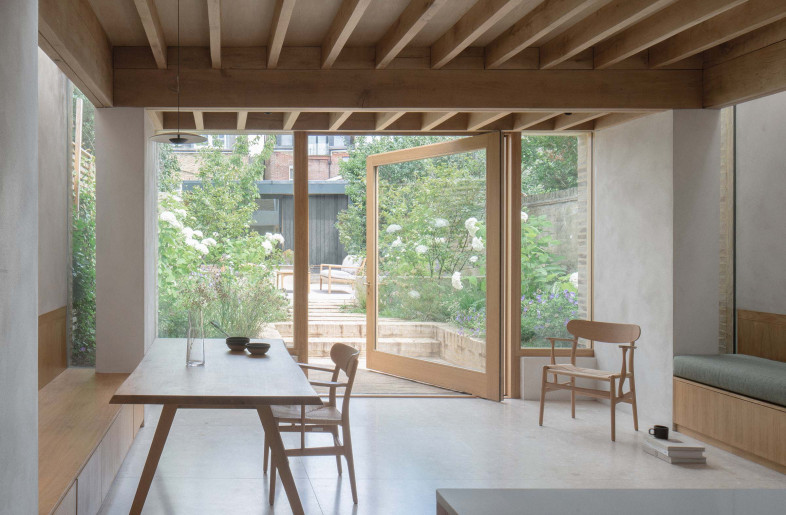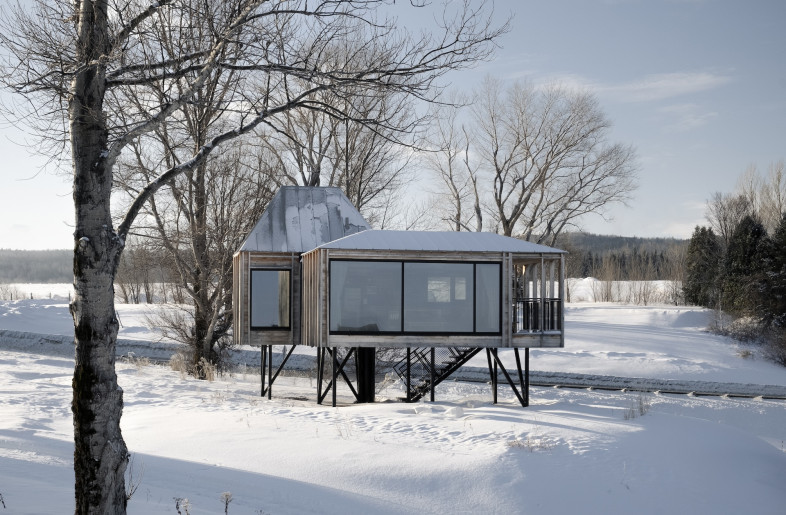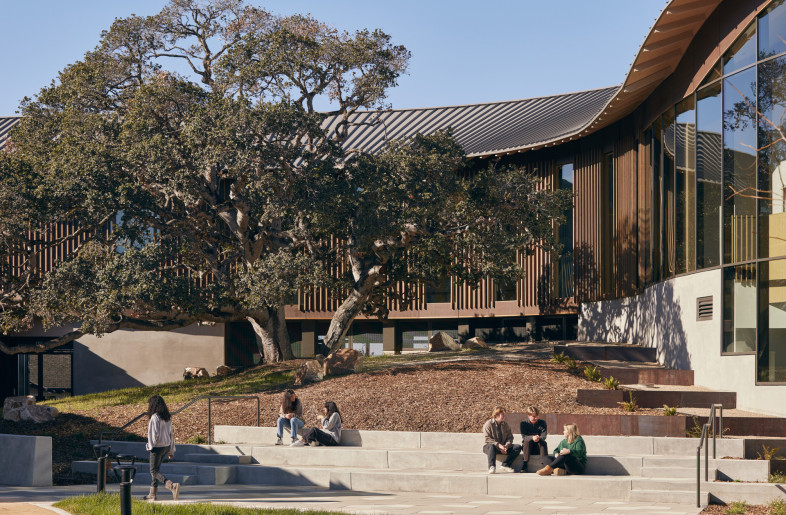Chalk it up to coincidence: earlier this year, Swiss furniture company USM held a design competition called Live-Work, challenging designers to develop ‘new, creative ways to respond to current lifestyle trends and the future of work’. Two weeks before working from home became globally widespread due to the COVID-19 crisis, Dubai firm Middle East Architecture Network (MEAN*) was announced to be the winner. ‘The aim we had with our entry was to use as many of USM’s products in the home and office ranges,’ explains MEAN* founder and lead architect Riyad Joucka, ‘to build a structure that can provide a mix of live-work scenarios for a generation of workers that are choosing to work from home.’
Now that many employees – across all generations – able to fulfill their job roles from the domestic realm are doing so to help safeguard public health, the practice’s vision is especially pertinent. Co-Cross, as the project is named, is a ‘machine for working and living’. It is based on a modular, cross-shaped unit – one that foregoes rooms for partitions. ‘The idea is that Co-Cross can be set up in any empty space and transform it into a functional live-work set-up.’




How does Joucka believe the pandemic will affect the practice of architects in particular? ‘The biggest challenge to overcome will be to communicate effectively and be able to share information to push projects forward,’ he says. ‘Despite the fact that global market has slowed down, we have to continue pushing. For architects particularly, social distancing becomes challenging – architecture is a team game and being present in a physical location does have its advantages. I think we have to become more inventive in the way we communicate design intent, using tools like digital sketching for design development, augmented reality for model viewing and an array of marking tools for drawing redlines.’
But no matter the industry, these times will impact work as we know it. ‘We’re at the cusp of a new age,’ Joucka reasons. ‘COVID-19 will not only shift our ideas of work, but also of social interaction, and will ultimately shift the standards for personal space and spatial design. With Co-Cross, we use a modular system that can have many pragmatic and aesthetic functions. The design takes advantage of the flexibility of that system to transform the way we live and work.’
To stay up-to-date on how the design industry is combatting the COVID-19 crisis, sign up for our newsletter here. Read more coverage here.










